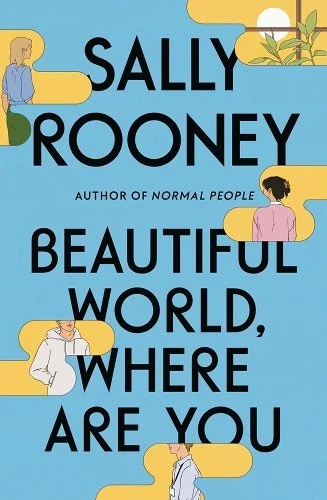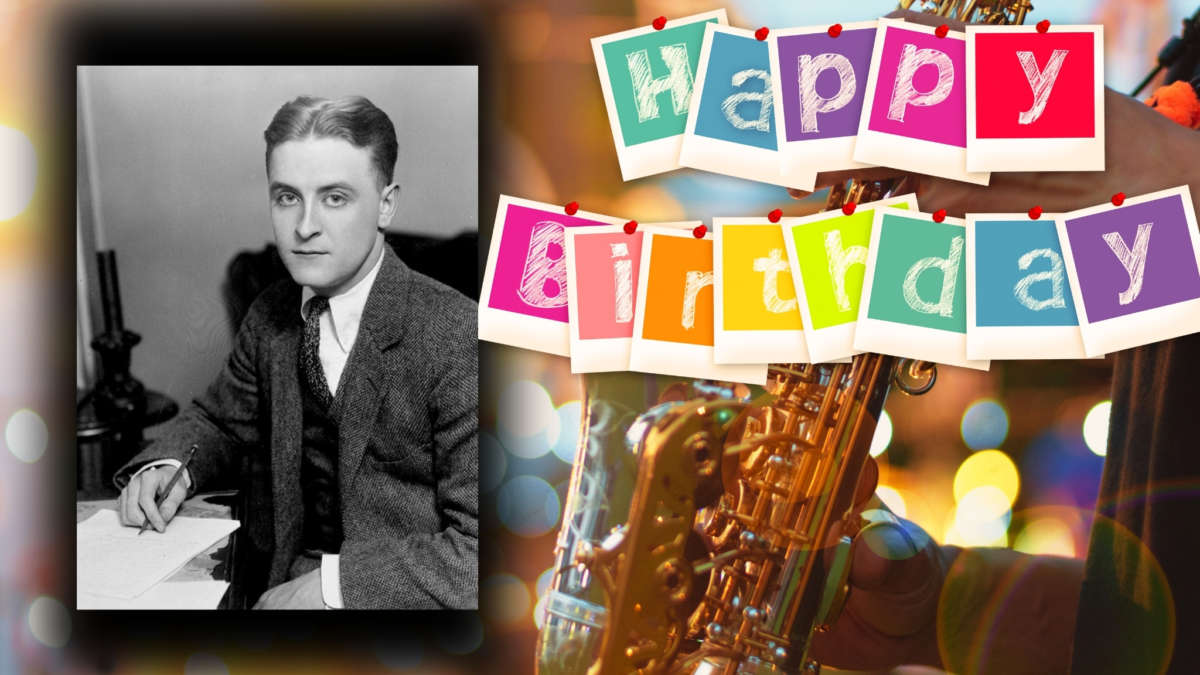You’ve probably heard of him: F. Scott Fitzgerald wrote The Great Gatsby, This Side of Paradise, Tender Is the Night, a deluge of delightful short stories, screenplays and multitudes more. His talent, imagination and innovation knew no bounds. His green light pulled us in, again and again, like boats against the current of the contemporary prose that favors other, duller colors. (There are so many shades of gray these days, no?) Alas, he was a mere mortal man and could not beat the current of time.
Today’s his birthday, and I just know that somewhere beyond the grave he’s celebrating with an outrageous party worthy of his most famous character and dancing to some legitimate big-band jazz. But just in case, in his older, wiser state, he’s more the stay-at-home type and would rather curl up and relax with a good book, I have some ideas. The scene’s changed quite a bit since his death in 1940, and I offer my services as his literary guide. These books have all been published post-Fitzgerald, so were he to return and feel somewhat lost, such a list might help him adjust. Let’s go in chronological sequence to further reduce confusion, because time travel and resurrection anxiety are enough to deal with on his birthday.
Yes, happy birthday, Old Sport.
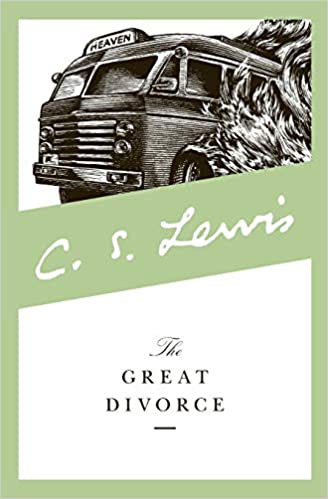
The Great Divorce by C.S. Lewis
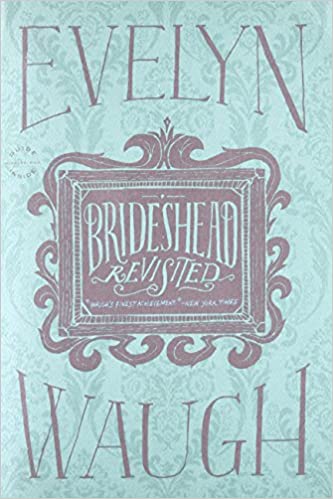
Brideshead Revisited by Evelyn Waugh
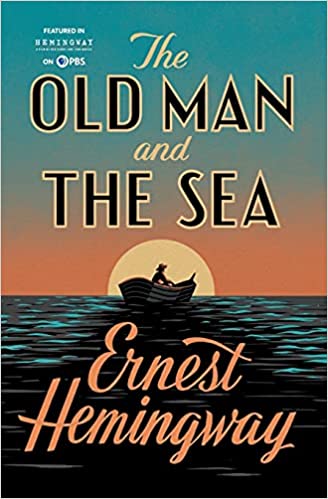
The Old Man and the Sea by Ernest Hemingway
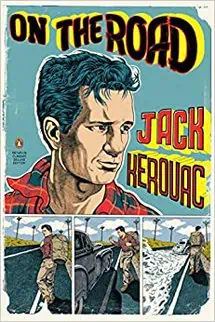
On The Road by Jack Kerouac
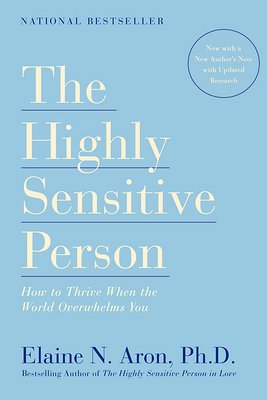
The Highly Sensitive Person by Elaine N. Aron
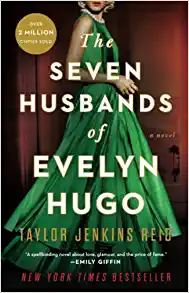
The Seven Husbands of Evelyn Hugo by Taylor Jenkins Reid
